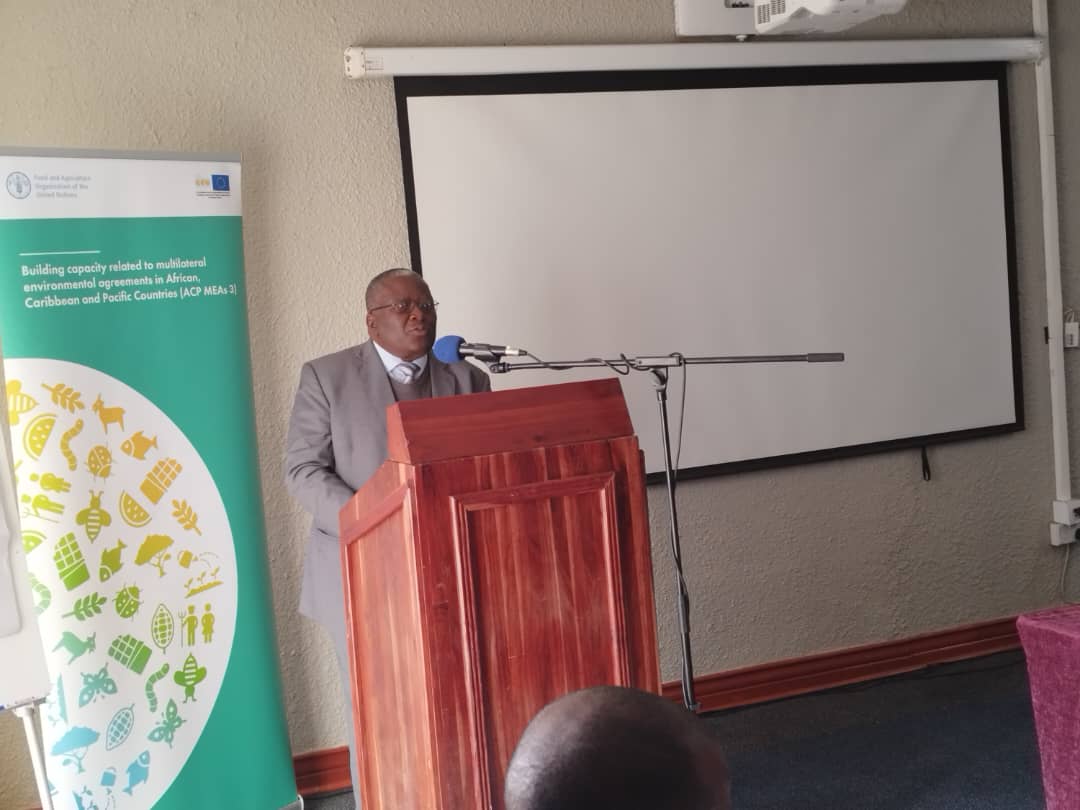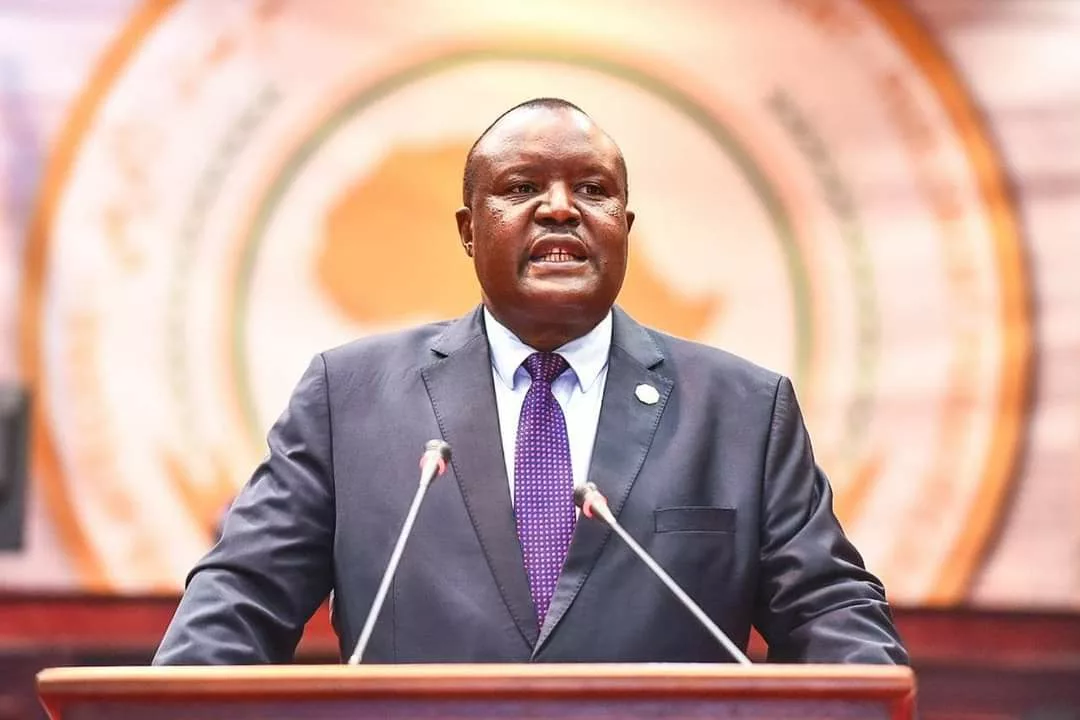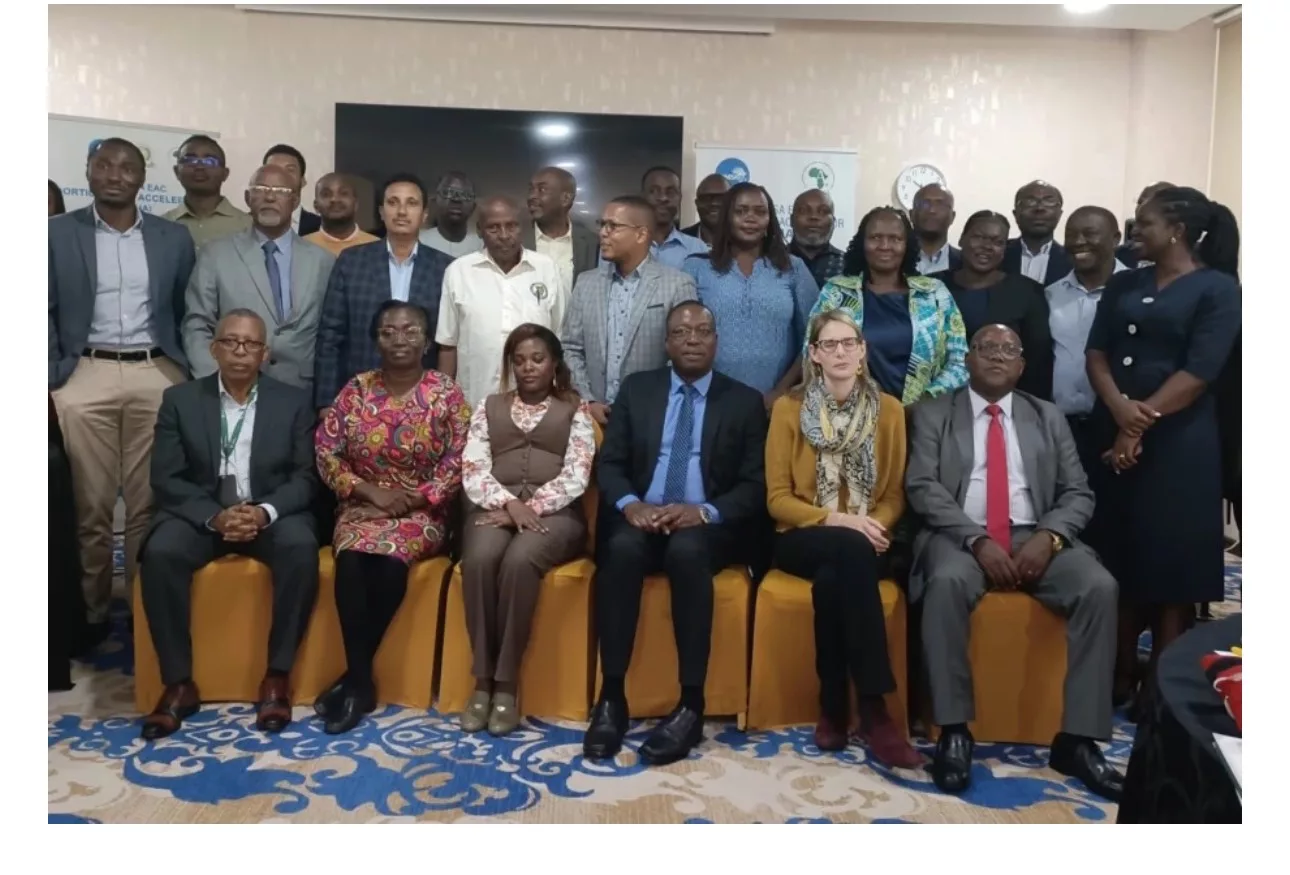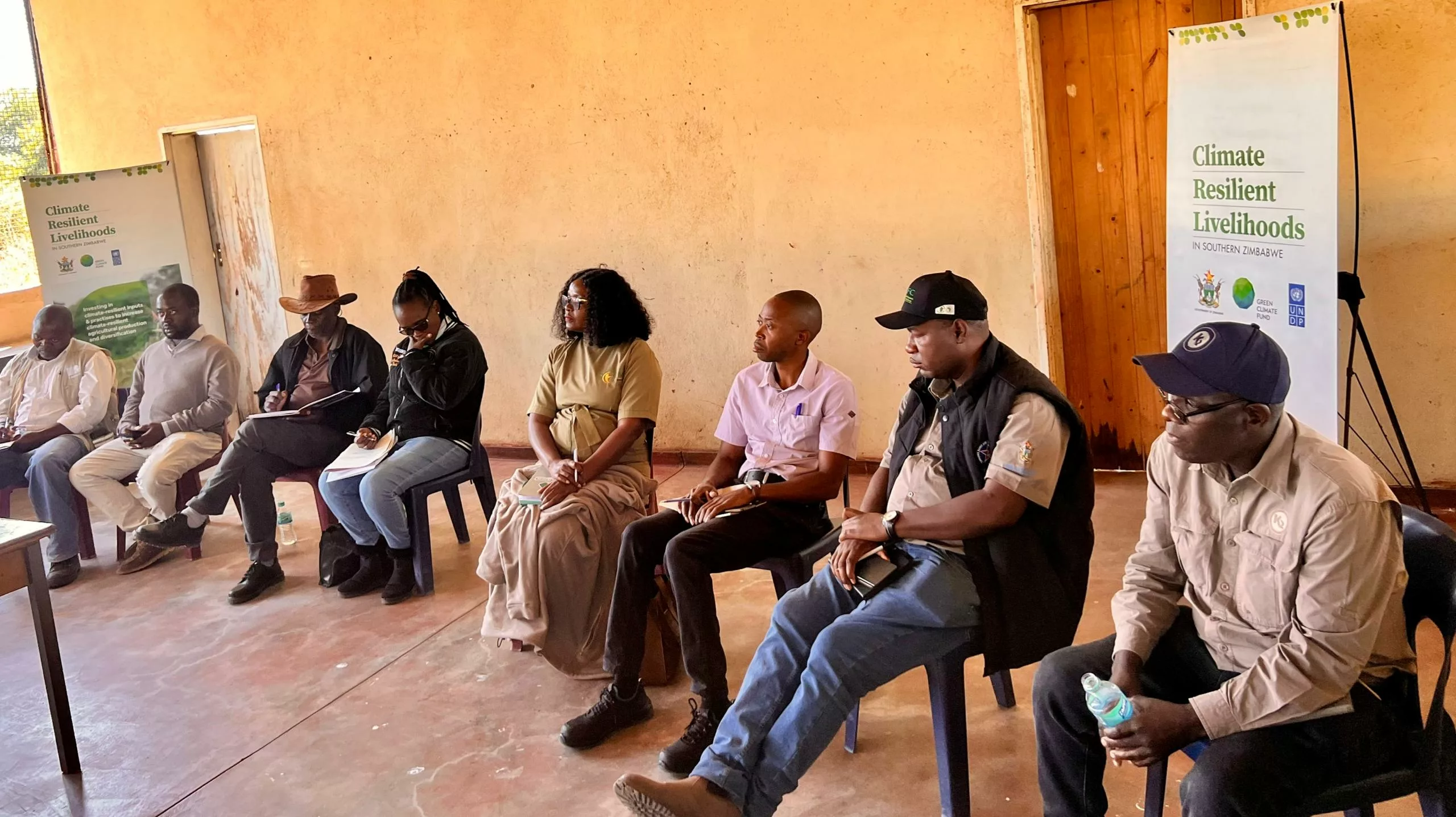|
Getting your Trinity Audio player ready...
|
As a Party to the Ramsar Convention which seeks to ensure the conservation and wise use of all wetlands through local and national actions and international cooperation as well as the Convention on Biological Diversity (CBD), Zimbabwe remains committed to ensuring the conservation and sustainable use of biodiversity as well as fair and equitable sharing of benefits from the use of genetic resources.
This emerged today in Harare at a workshop to give feedback on the meeting on the Conference of Parties Meetings for the Ramsar Convention on Wetlands and the Convention on Biological Diversity (CBD) that was held in 2022.
Today’s workshop sought to highlight the key decisions arising from the Ramsar Convention 14th Conference of Parties and CBD that directly impact livelihoods hence the call to translate the decisions into concrete actions on the ground through a whole-of-society approach, leaving no one and no place behind.
Addressing delegates, Ambassador Raphael Tayerera Faranisi, the Permanent Secretary for the Ministry of Environment, Tourism and Hospitality Industry said the importance of wetlands and biodiversity to the Zimbabwean economy and the well-being and livelihoods of the citizenry cannot be overemphasized.
“Wetlands are our defence system against floods and soil erosion and they purify water at no cost. On the other hand, biodiversity is the centrepiece of our very existence. Biodiversity addresses the multitude of environmental challenges the world faces today in addition to provisioning food and traditional medicines to rural communities. I need not remind you that our booming tourism is nature-based. Hence we should jealously guard our natural capital.
“Notwithstanding the importance of biodiversity outlined above, wetlands are being degraded and biodiversity lost at unprecedented rates the world over. The main drivers of this degradation and loss include incompatible land uses, overexploitation, pollution, and agricultural and settlement expansion,” Ambassador Faranisi said.
He reiterated that the Government remains committed to the conservation and sustainable use of these natural resources and to its obligations under Multilateral Environmental Agreements (MEAs) as the nation seeks to achieve an upper-middle-income society by 2030.
Zimbabwe has achieved major milestones under the conventions including developing and implementing robust legislative and policy frameworks which led to the designation of seven wetlands as Ramsar Sites and the maintenance or increase in populations of threatened species.
The country domesticated the provisions of most MEAs through the enactment of The Environmental Management Act, and the revised Forest Act. In the last few years, the Government approved the National Wetlands Policy and attendant guidelines. A few months ago the Government approved the first-ever Forest Policy.
Further, the country will soon launch the Zimbabwe Biodiversity Economy which will help the country in coming up with a Natural Capital Accounting framework. Through these efforts, Zimbabwe has contributed significantly to global goals such as Sustainable Development Goals 13 (on climate change) and 15 (on life on land). This is also in fulfilment of national targets under the environment protection, climate resilience and natural resources management pillar of the country’s National Development Strategy 1.
Zimbabwe participated in the 14th Conference of Parties to the Ramsar Convention on Wetlands (COP14) held in November 2022 in Geneva, Switzerland. COP 14 was held under the theme “Wetland Actions for People and Nature”. Parties agreed on a work programme, and budgetary arrangements for the next triennium and to provide guidance on a range of ongoing and emerging environmental issues. More importantly, the country won the bid to host the 15th Conference of Parties in 2025. The Government is currently working on the preparations to hold this important international Conference which showcases what Zimbabwe has achieved to date and also markets Zimbabwe as a sustainable destination for tourism and investment.
On the other hand, the 15th Conference of Parties (COP15), was held in December 2022 in Montreal, Canada under the theme “Ecological Civilization—Building a Shared Future for All Life on Earth”. The major outcome of COP15 was the adoption of the Kunming-Montreal Global Biodiversity Framework which is a global policy for guiding actions for biodiversity conservation for the next decade. COP 15 also made significant decisions on the monitoring framework, digital sequence information, financial mechanisms, resource mobilization and capacity building and development.
Ambassador Faranisi said significant decisions were made at both COPs and these require action at the national level. It, therefore, becomes important for the country to ensure that it takes an inclusive and collaborative approach in implementing these decisions.
“The Government will continue to create an enabling environment for the implementation of the two conventions through legislative and policy review, stakeholder engagement in planning, resource mobilization and international cooperation. Please as stakeholders, hold us to account where we fall short, that is the only way to ensure that we remain on track.
“Going forward the Ministry looks forward to revising the National Biodiversity Strategy and Action Plan, developing a biodiversity finance plan and continuing with the wetlands restoration programme and eventually hosting Ramsar COP 15 in 2025. We look forward to your continued support for the Ministry’s programmes and projects,” Ambassador Faranisi added.






